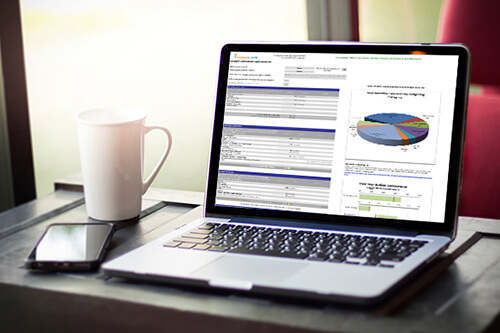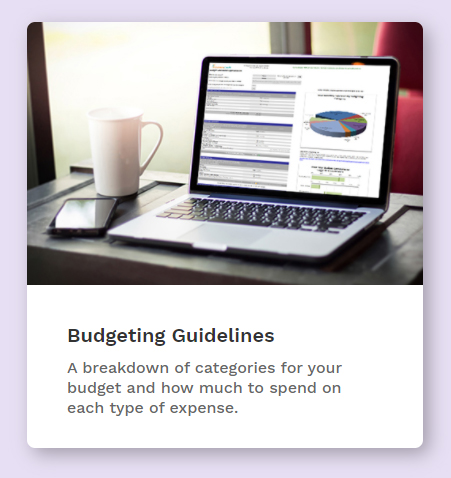Managing Money and a Line of Credit When You’re Self-Employed

Q: I was at the bank with my wife trying to get pre-approved for a new mortgage, and they turned us down because of what we owe on our line of credit. We contacted another lender and were turned down again. I’m a lawyer with a busy practice and my wife stays home with our kids. We’ve got all the typical family expenses, like our current mortgage, two car loans, credit cards and other bills, but it’s the line of credit that I use for work that is stopping us from buying a new home. What can we do?
A: After spending years learning and obtaining credentials or qualifications, many professionals choose to become self-employed. The challenge of being self-employed is successfully managing the business side of things while still getting your work done.
How to Manage Money & Run Your Business
Look back over at least 3 years of income statements and tax returns to help you determine how much your practice will earn going forward. By seeing if your practice is earning more, less or about the same will help you find a monthly average to work with for budgeting and planning purposes.
Next, do the same for the income you have been paying yourself and for monthly and annual expenses. Include monthly payments to your line of credit as an expense. Once you’ve done this for your business, review your personal and family expenses in the same way.
To save for annual expenses and keep track of what you’ve saved for, both for your business and your household, set up separate bank accounts.
Reduce Expenses to Pay Down Debt & Line of Credit
Review all of your expenses with an eye to reduce them so that they don’t exceed your expected net income. While it’s never easy to make sacrifices, doing so will leave room in your budget to pay down your line of credit and save to reduce your reliance on credit.
Take Advantage of Lower Interest Rates
Be prepared to make some tough choices, including reducing your income (how much you pay yourself from your business). In the short term this will leave you with a little extra money to pay off debt and help you get your expenses under control. If you can use the next 1 to 2 years to wean yourself off your line of credit, you won’t leave yourself at the mercy of your lender when interest rates increase down the road.
Hire a Professional to Help You
Hiring a professional to help you manage your business might be money well spent. They can create a better system for both your business and personal finances, keep them separate and establish a contingency account to help you get through the leaner months, as well as grow your business. Learning how to budget self-employed income can have its challenges, but also its opportunities.
Focus On What You Do Best
What makes you a successful lawyer doesn’t necessarily make you a great money manager, so be wise enough to know when you need help, and smart enough to seek it.
<< Go back to the Blog main page






0 Comments